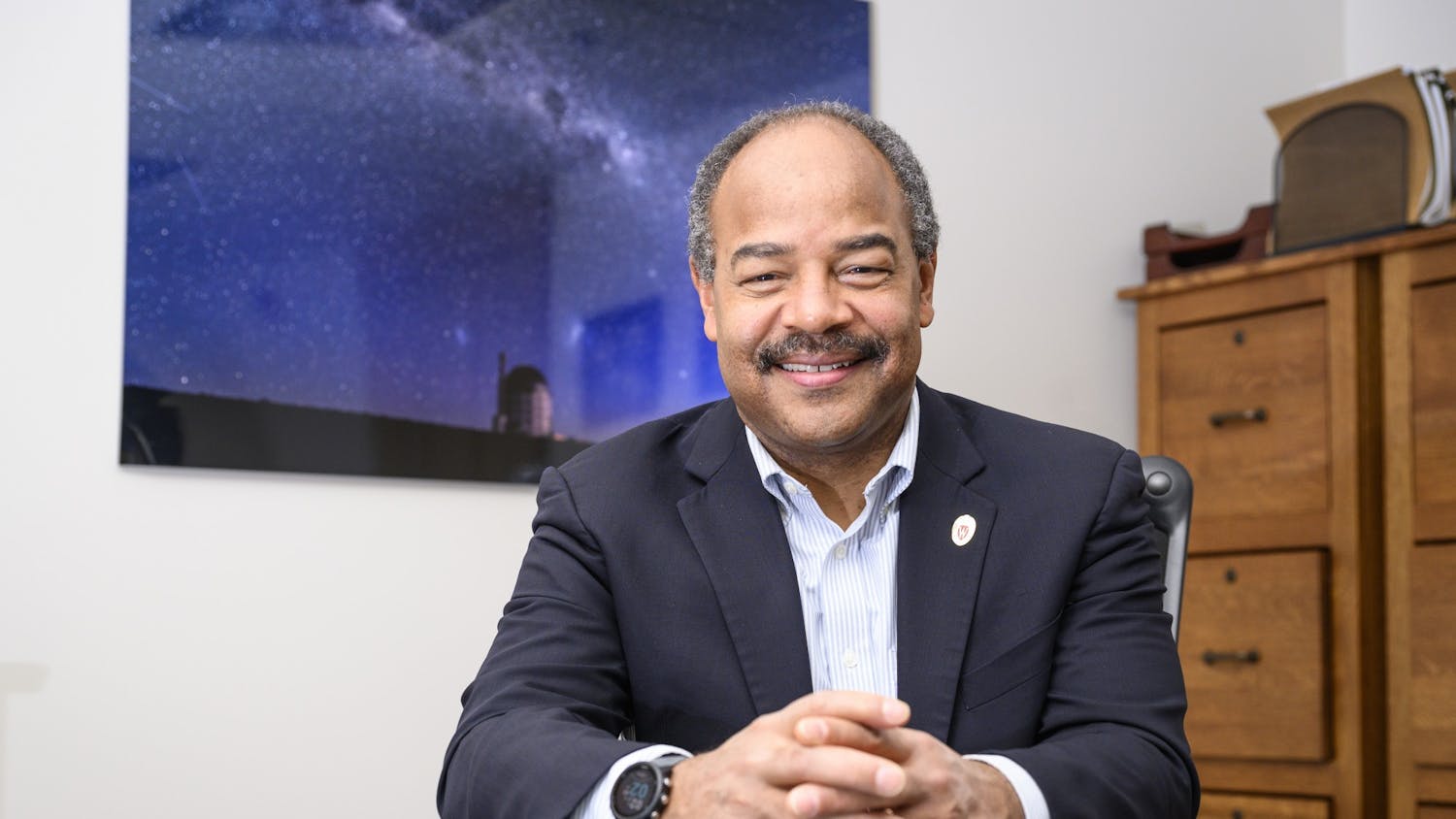Wisconsin’s state Supreme Court and federal judges from around the state released four major decisions and orders this summer, changing the political landscape before the statewide election on Nov. 4.
Gay Marriage
In June, U.S. District Court Judge Barbara Crabb struck down Wisconsin’s eight-year constitutional ban on same-sex marriage, sparking a flurry of marriages across the state before state Attorney General J.B. Van Hollen appealed her decision and successfully argued for a halt to any more marriages.
The case has been combined with a similar case concerning Indiana’s ban on same-sex marriage and will be ruled on by a panel of three federal judges in the coming months.
Van Hollen said this summer he expects the U.S. Supreme Court to settle Wisconsin’s ban and those of other states in its next term.
John Doe Investigation
Later that month, Federal Appeals Judge Frank Easterbrook ordered the release of hundreds of pages of documents from the now-halted John Doe investigation into alleged illegal campaign coordination by members of Gov. Walker’s staff during his 2011 recall campaign.
The documents revealed that prosecutors accuse R.J. Johnson, an advisor to Walker, of coordinating campaign financing through dozens of conservative groups.
Easterbrook is reviewing a lawsuit by the Wisconsin Club for Growth, a conservative group arguing the John Doe investigation is politically motivated and should be ended permanently.
Collective Bargaining
In July, the Wisconsin Supreme Court upheld Gov. Scott Walker’s signature union legislation that ended virtually all collective bargaining rights for public sector unions in the state, ending the three-year legal dispute once and for all.
The decision followed a U.S. Supreme Court decision that also ended collective bargaining protections for many service employees in several states.
Voter ID
The Wisconsin Supreme Court also upheld Wisconsin’s new requirement that voters must show photo identification in order to vote, even after a federal judge struck down the law in April.
Van Hollen appealed the April decision, which rendered the Supreme Court’s July decision ineffectual. Wisconsin voters will not need to show photo ID at the polls in this fall’s general election Nov. 4.






